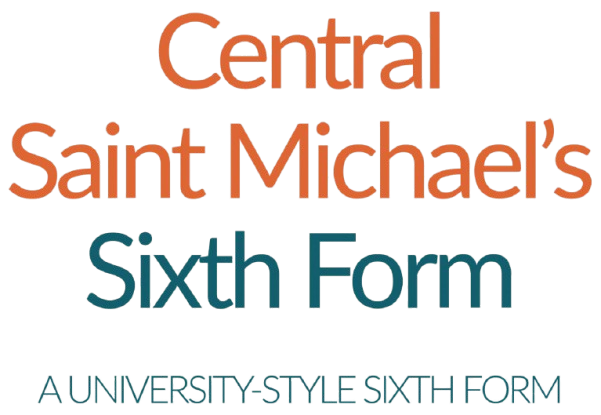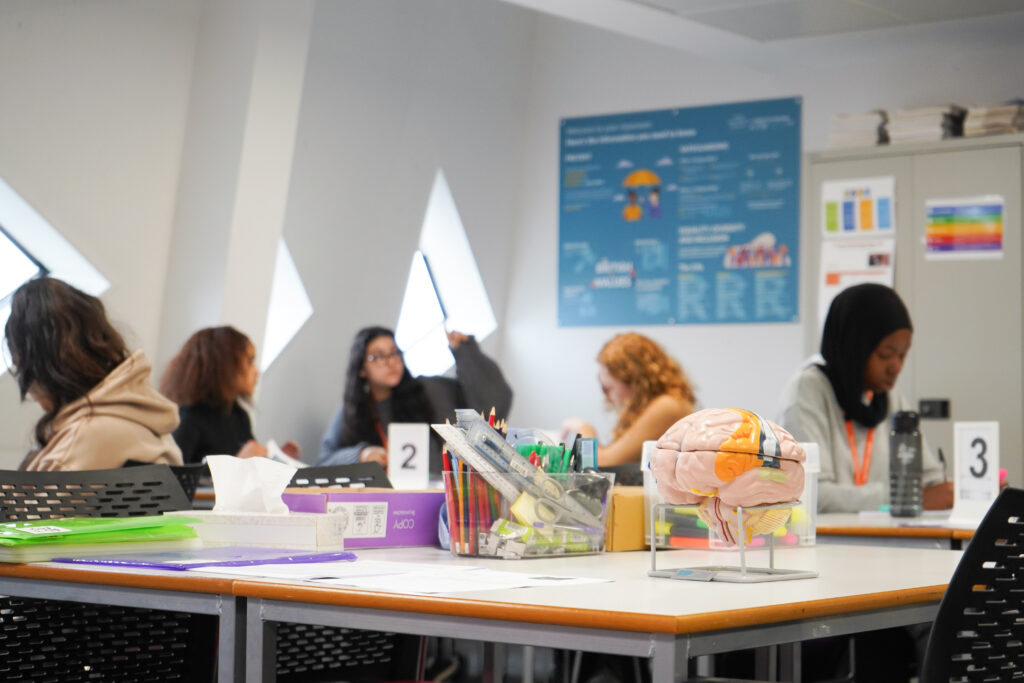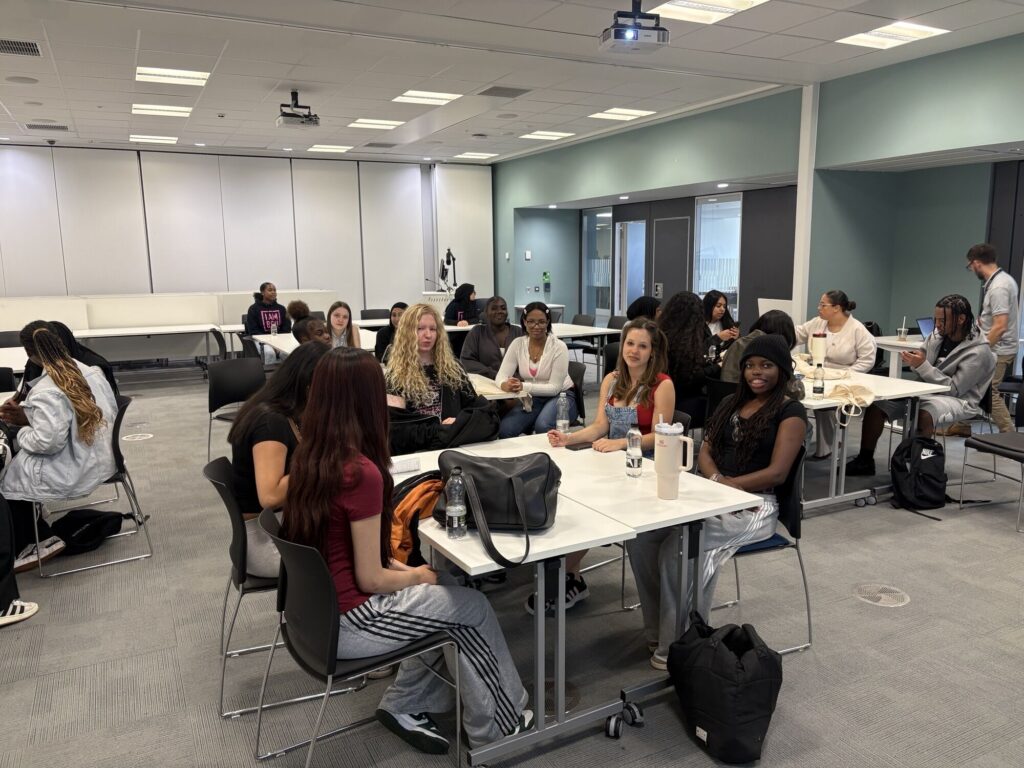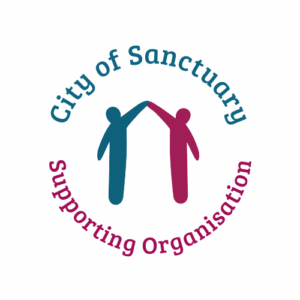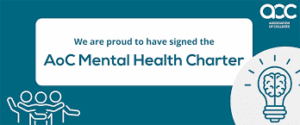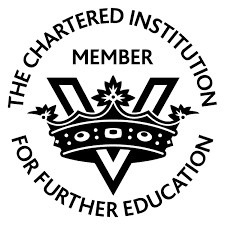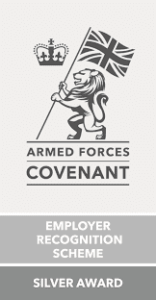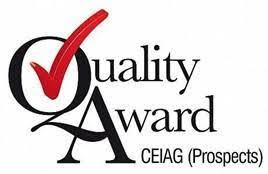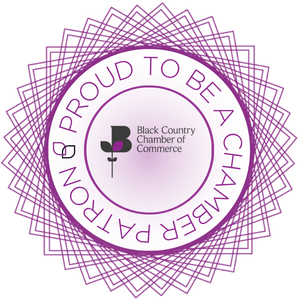Sociology offers a thorough, thought-provoking opportunity for you to explore how society functions (and in some cases dysfunctions). Complementing a variety of other disciplines, ranging from Psychology to Business, with branches to English, Politics, Religious Studies and History, it’s a subject that prepares you for a variety of careers from the criminal justice system, police and healthcare to journalism, education and social work. You will develop a plethora of key skills transferable to the world of employment such as critical thinking, connecting theoretical ideas to the real world, handling complex ideas, analysing data and collaboration. A Level Sociology provides an ideal starting point for learners to develop a sociological imagination. Key questions we debate include: Why do some groups perform better in education than others? Is childhood disappearing? Do prisons effectively control crime? Is social media good for democracy? You do not have to have studied Sociology at GCSE as the course is designed to support learners from various starting points.
Content Overview
Two Core Themes run throughout the course:
1. Socialisation, Culture and Identity
2. Stratification, Power and Differentiation
Year 1
Paper 1:
Education and Methods in Context
You explore the history of education, its connection to wider society, internal and external factors explaining underachievement and the impact on class, gender and ethnicity differences.
You will also evaluate a research method to a problem in education (ranging from parental attitudes to gender differences in subject choice).
Paper 2:
Research Methods
You will explore the various methods sociologists use to obtain data.
Families & Households (elective unit)
You will explore childhood, theories of the family, gender roles, demography, family diversity and policy.
Year 2
Paper 1:
Education, Methods in Context and Theories and Methods
Paper 2:
Families & Households (AS Level elective unit)
You will explain how a change in one area of the unit affects another area i.e. how has the changing position of women influenced family structures?
Media (A Level elective unit)
Covers, theories and models of the media, selection and presentation of news, rise of new media and globalisation and culture.
Paper 3:
Crime & Deviance
You will explore theories of crime, social distribution of crime, crime statistics, victimology and crime prevention.
Theories & Methods
You are given two questions; one will be on theory, the other on research methods.
